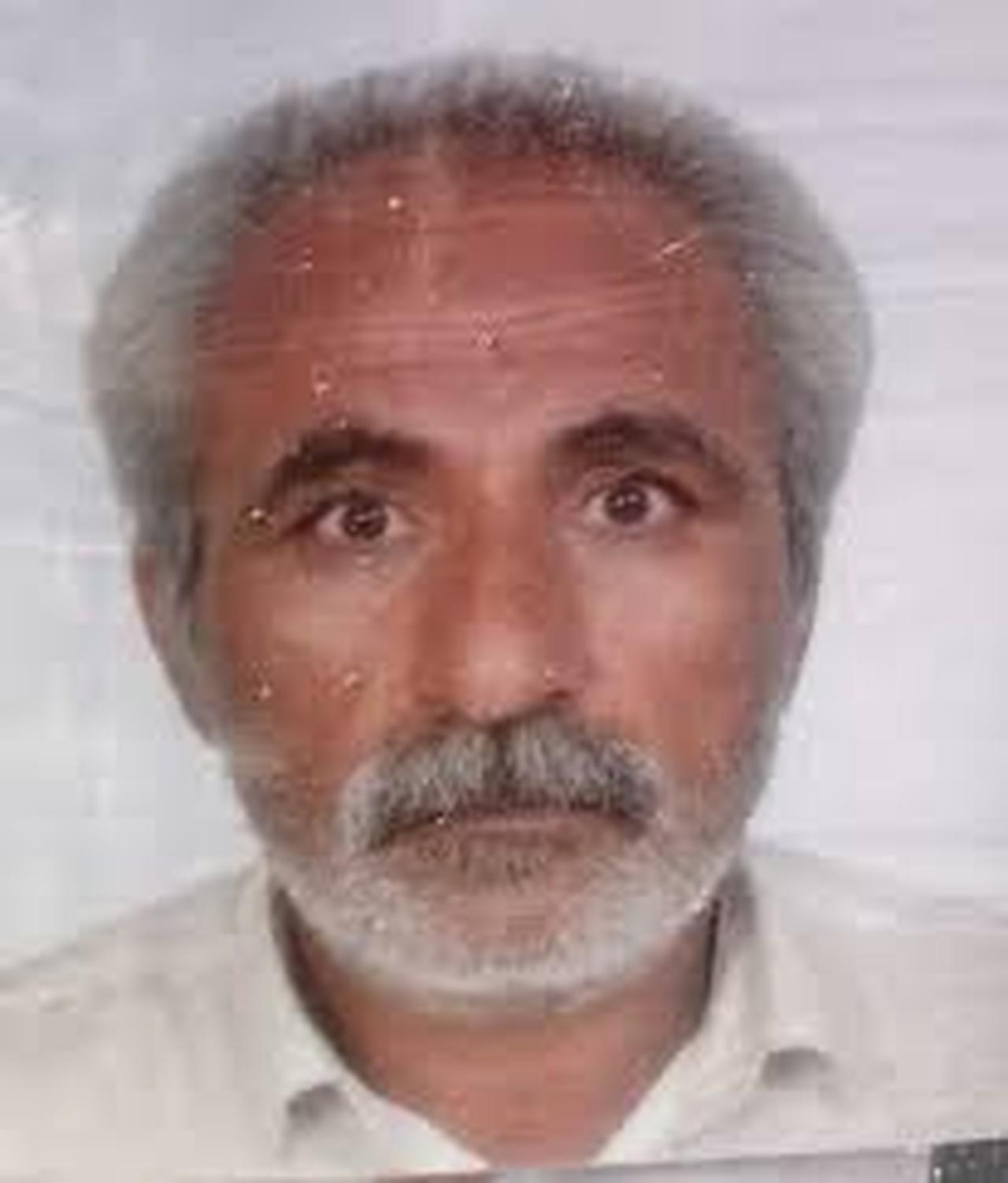
A Turkish court has sentenced six individuals in connection with the death of Vezir Mohammad Nourtani, an Afghan migrant worker whose burned body was found in a wooded area last November. The case, which has raised concerns about the treatment of migrant workers in the country's mining industry, concluded with varying prison terms for those involved.
Three defendants who had been held in custody received prison terms ranging from four years and six months to five years and eight months, while three others who were tried without detention received sentences between one year and eight months to two years.

Nourtani, a 50-year-old father of three from Afghanistan, was found burned in a forested area near Kirat neighborhood on Nov. 10, 2023. Investigators determined that Nourtani had been working in an unauthorized coal mine when he reportedly fell ill and became unresponsive. According to court documents, his body was then transported to a forest where it was doused with gasoline and set on fire.
The investigation revealed that just four days before Nourtani's body was discovered, local gendarmerie had rendered the unauthorized mine inoperable using explosives. However, the defendants had reportedly opened a new entrance and resumed operations shortly afterward.
During the trial, Nourtani's wife, Qamer Gul Meliki, addressed the court, expressing her grief and demanding justice. "You killed my husband and ruined our lives. We sought refuge in Türkiye; who will hear our voice?" she said. "They claim he died on his own despite the fractures on his hands and feet. I am filing a complaint against them. I leave the decision to you, and I ask that it be fair and that I receive justice."
The proceedings were marked by tension between the family's attorney, Kerim Bahadir Seker, and the court. Seker accused the panel of conducting a perfunctory trial, claiming that the verdict had been predetermined regardless of any evidence presented. The dispute escalated to the point where Seker was ordered removed from the courtroom for "disrupting order and discipline," resulting in a one-hour recess.
The court ultimately sentenced defendants E.G. and H.K. to five years and eight months each for "causing death by conscious negligence," exceeding the minimum sentence guidelines. A third defendant, A.A., received four years and six months for "destroying, concealing, or altering evidence of a crime."
The remaining three defendants, who were tried without detention, received sentences of two years each for evidence tampering, with one defendant, A.C., receiving a reduced sentence of one year and eight months due to cooperation with law enforcement.
Following the verdict, attorney Seker told reporters he had filed complaints against the judges for misconduct and falsification of official documents. Meliki expressed disappointment with the proceedings, stating, "I think I came to court for nothing. They offered money many times, but we didn't accept it. We said, 'Our court will give us our rights.' I will never forgive them."